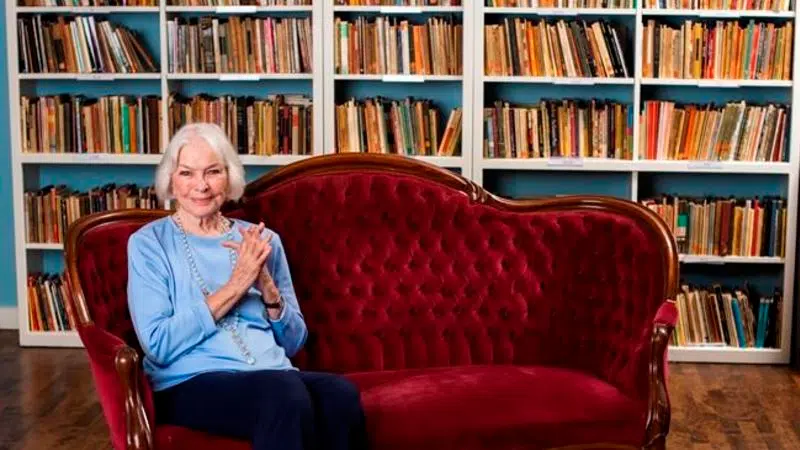
Ellen Burstyn talks women in film, Pacino interview, #MeToo
NEW YORK — Ellen Burstyn hoped her Oscar-winning performance in the 1974 film in “Alice Doesn’t Live Here Anymore” would lead to more Hollywood stories told from a woman’s perspective.
It didn’t happen quickly, but over the past couple of years there’s been an increase in female-driven films and women’s voices in the wake of the #MeToo movement that has put a spotlight on sexual misconduct.
The 86-year old actress and long advocate for women calls the impact of the #MeToo movement “a long time coming” and says boundaries of what’s acceptable creatively still need to be worked out.
Recently, Burstyn spoke with The Associated Press about changes in Hollywood, highlights of her seven-decade career, #MeToo, bad behaviour and her turn as a host for the rebooted “Inside the Actors Studio,” which airs on Ovation TV .
